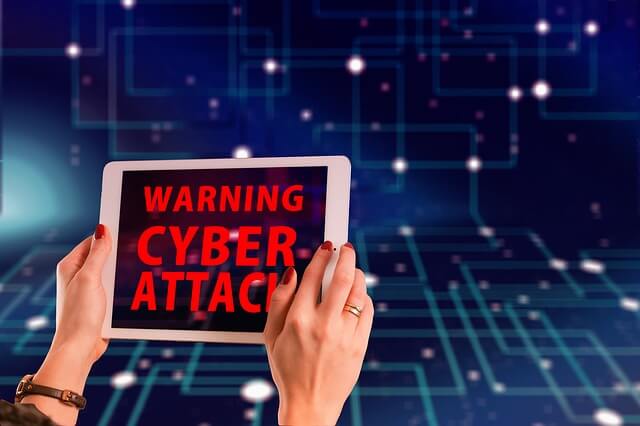The main function of a VPN connection is to help keep your online activity private, secure, and anonymous, while giving you the full freedom on the internet. The private connection works to deal with various possible threats from hackers and other unscrupulous third parties as well as prevent any third parties from monitoring and tracking your activity. Not only that, VPN can also help to prevent anyone from intercepting with your network traffic and steal your private and personal information.
When the private connection works as it should be, it is a powerful tool that you can use to keep you safe in your online activity. However, there are certain occasions when the private connection fails to provide the protection that it should give to you. This is when the data leaks happen, and this is the problem that is commonly experienced by users that are new to the VPN scene and don’t know about what to do to prevent it. Here is why data leak can happen when you use VPN and how to prevent it:

1. Your VPN Might Log Your Activity
One of the most common reasons why you might leak your personal and private information while being connected to the private network is because the VPN logs your online activity and collect data about you without your consent. Among various VPN services that are available on the market today, only a few reputable and good service providers are honest with you regarding data retention. Many other service providers, on the other hand, don’t really care about your privacy while using their private connection, and in fact, they are collecting your data and selling them to the third parties.
How To Prevent It: Choose the VPN service that has an absolute no logging policy and care so much about their user’s online privacy rights.
2. Your Private Connection Might Drop Suddenly
When using a private connection, you are actually masking your regular connection with the private IP address. This private IP address then becomes the IP address that you show on the websites that you visit. While using the private network, there is very little chance for you to reveal your true IP address because you are masking it with another IP address that you get from the VPN server. However, when the private connection drops suddenly, it might inadvertently leak your IP address information to the websites that you visit because it will automatically be switched to your regular network connection.
How To Prevent It: Make sure that you enable the Automatic Kill Switch feature on your VPN settings to kill your network connection temporarily whenever there is a connection drop in your VPN.
3. You Might Have A Mismatch Configuration
Having a mismatch configuration between your VPN service and your device operating system can also create an occurrence of data leak. For instance, if your VPN doesn’t support the IPv6 connection while your operating system is using the IPv6 connection, then it can cause a mismatch in configuration and it can potentially leak your DNS data. Moreover, with the DNS data leak, you can also reveal your IP address and other sensitive information if you are not careful about it.
How To Prevent It: Make sure to install the official VPN app or software from your VPN service provider and follow the setup instruction carefully.
4. You Might Use A Bad VPN Service
Not all VPN services that you can find today will provide the same high quality connection and performance. In the case of a bad VPN service, it might not really protect your privacy, but it will spy on your activity instead. This has been the case with various free VPN apps and service providers that you can find on the market today. They limit their private connection features and instead use the user’s online activity as another type of monetization option for their business.
How To Prevent It: Only use a reputable VPN service that you can trust, which has a good track record and user feedback.
5. You Might Use A Low-Level Encryption Protocol
The encryption protocol that you use will also affect the privacy protection that you get from your private connection. For instance, if you are using SOCKS5 in your VPN, you need to know that this type of protocol doesn’t have any strong encryption available. It only offers speed and good performance for your connection. It is also the same with PPTP and L2TP protocols that only focus on the speed of your data transmission while having a low-level encryption that is vulnerable to hacker attacks. Using such a low-level encryption protocol can result in data leaks.
How To Prevent It: Use at least 256-bit encryption in your VPN, and if possible, stick with OpenVPN protocol for a stable security and privacy protection for your private network.
Those are the reasons why data leak can happen when you use VPN and how to prevent it. Remember that you need to be very careful in choosing the private connection that you use, especially if you plan to use it for a long time. You need to know what you get, and you have to always check the privacy policy of the service provider before subscribing to their service.
